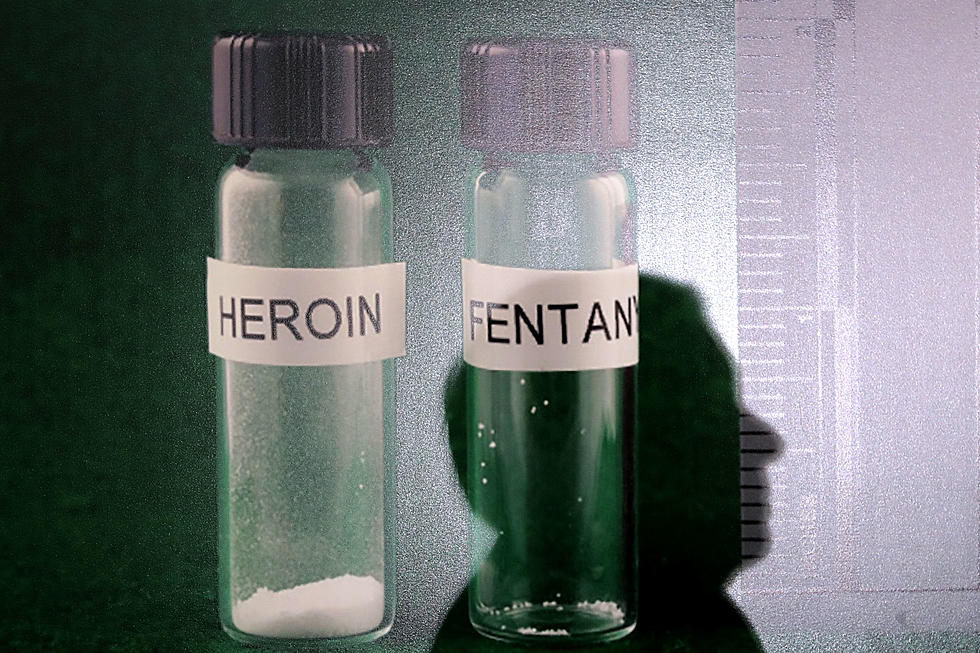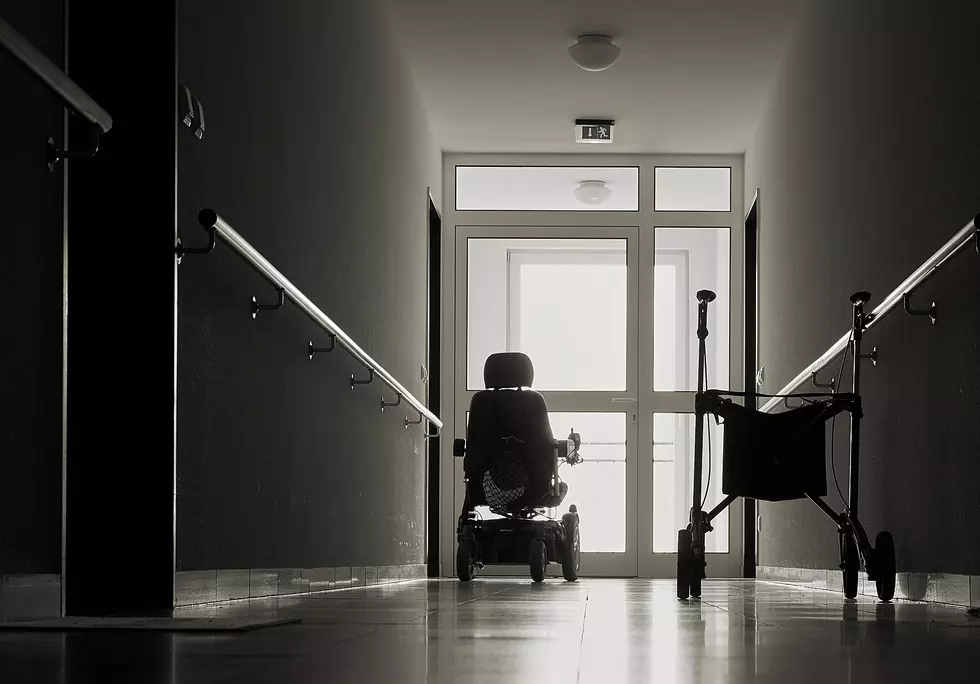
Medication-assisted treatment for addiction now easier to get in NJ
As New Jersey’s opioid abuse epidemic continues, state officials are ramping up efforts to make it easier for Garden State resident struggling with opioid addiction to get help.
As of April 1, the Garden State no longer requires prior authorization for Medicaid patients to get access to medication-assisted treatment for opioid addiction.
According to Carole Johnson, the commissioner of the New Jersey Department of Human Services, about 1.7 million people in the Garden State rely on Medicaid for their healthcare needs, and “medication-assisted treatment is the gold standard."
"It’s the clinical standard for the treatment they should get when they have opioid addiction," she said.
She said health care providers had previously complained that getting prior approval for this kind of treatment took a long time, so they were less apt to prescribe it.
“So part of what we’re trying to do is sort of change the culture, change the policy environment, so more providers offer it," she said.
She said removing the prior authorization needed for medication-assisted treatment is really about “trying to remove barriers and make it as easy as possible for community based providers to offer this treatment so they can address the kind of challenges they’re seeing in their practices today.”
The medications used to treat opioid addition include buprenorphine, naltrexone and methadone.
Johnson said they can be extremely effective in helping patients control the urge to use opioids, but some may be using the medication for years.
“This is not unlike other chronic diseases, where you might be on a medication to manage your high cholesterol or high blood pressure for the rest of your life," she said.
Johnson said part of the battle is to break down the stigma associated with providing this kind of help, and encourage more primary care physicians to prescribe medication-assisted treatment.
“We really are trying to kind of intervene as early as possible when people are starting to see the signs of that and make sure that they get on to treatment," she said.
In order to offer medication-assisted treatment a health care provide must get a waiver from the federal government, “so another part of our strategy is we’re offering trainings across the state to get providers trained to get that waiver," Johnson said.
She stressed medication assisted treatment can mean the difference between success and failure for those who have a physiological tendency to become hooked on a substance like opioids.
DHS has opened two centers, at Copper Medical School at Rowan University and Rutgers University Medical School, to make it easier for doctors and nurses that may have questions about treatment to get answers and support, in order to help facilitate the process.
Last year more than 3,000 Garden State residents died because of drug overdoses. Health officials stress many of them became hooked on heroin after becoming addicted to prescription medications containing opioids.
You can contact reporter David Matthau at David.Matthau@townsquaremedia.com.
More from New Jersey 101.5:
More From New Jersey 101.5 FM









